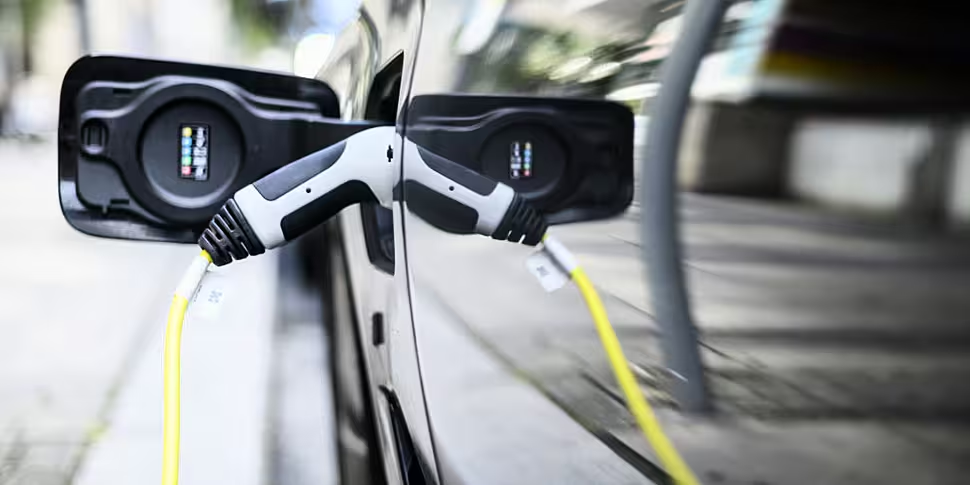The Finance Minister has been warned that the increasing number of electric vehicles here in coming years could have a negative impact on the State's finances.
€200 million has already been committed to help achieve the Government's target of having 840,000 electric cars on the road by 2030.
Currently drivers can receive a subsidy of between €10,000 and €13,000 towards their purchase of an electric vehicle.
According to a spending review for the Department of Finance, evidence does suggest financial supports do impact the uptake of electric vehicles (EV).
However, it adds: "When compared to the cost of reducing greenhouse gas emissions through other mechanisms, the cost to the Exchequer of the current range of EV supports appears quite high.
"The benefits are also regressive in nature, in that they tend to benefit the wealthier in society."
It warns that, given current uptake, the current funding committed for subsidies will be exhausted by 2021.
The report puts forward a number of points to be considered - such as a 'schedule of declining supports' for electric vehicles which would end when the gap between them and traditional cars is narrowed.
It also calls on the Government to consider a system that imposes heavier costs on vehicles with high CO2 emissions or fuel consumption, alongside incentives for vehicles with low CO2 emissions or fuel consumption.
However, it also warns that increased electric vehicle take-up over the next decade will lead to declining motor and fuel tax income - suggesting that could pose a "substantial risk" to the stability of the State’s finances.
The report adds: "Balancing the achievement of the Climate Action Plan’s targets on EV deployment with maintaining revenues will require careful consideration and alternative taxation models will need to be considered."









